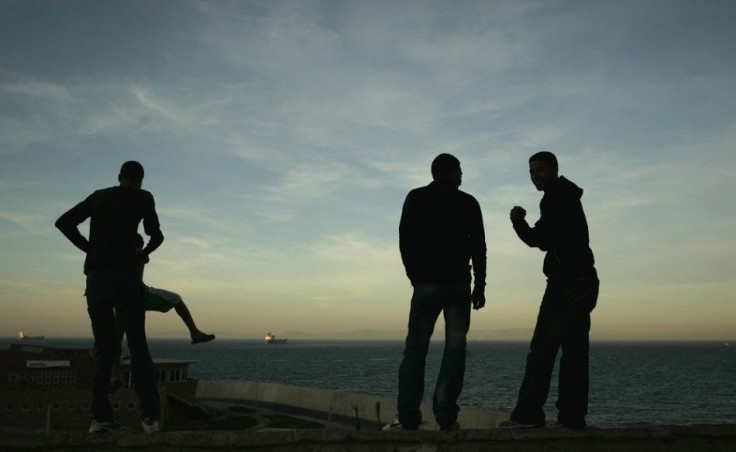UK slams Spain for unlawfully entering Gibraltar waters: Issue bares territorial dispute between EU states

Britain has slammed Spain for “unlawfully” entering British Gibraltar Territorial Waters. Accusing Spanish state vessels of violating British sovereignty, its Foreign office said the Royal Navy escorted out Spain's drugs and money laundering squad from Gibraltar waters on Aug 9. The Spanish vessels were reportedly chasing some suspected drug smugglers off the coast of Gibraltar.
Unacceptable
Foreign Office Minister Hugo Swire said the incident would be taken up with the Spanish authorities in Madrid and described the Spanish action as completely “unacceptable and unlawful under the international law of the sea to enter our waters without notifying us.” The minister said repeated incursions into British Gibraltar Territorial Waters are a clear violation of U.K’s Sovereignty by an EU country and it will be raised as a matter of urgency with the Spanish authorities. It has been reported that in the past also Spanish vessels have crossed into the waters around Gibraltar in pursuit of smugglers who dump bales of drugs from high-speed boats as they enter the British territory. Gibraltar area Chief Minister Fabian Picardo told Sky News that the latest incursion was "a regretful incident because one of the drug smugglers got away.” On another occasion, a Spanish helicopter was spotted flying over Sandy Bay beach area, which the Gibraltar's government called as "extremely dangerous.”
In April 2014, Britain summoned the Spanish ambassador to the Foreign Office after a state research vessel entered the territory's waters backed by a police boat. In its clarification, Spain's Foreign Ministry said: “The waters are Spanish. It was Spanish boats patrolling in Spanish waters to control illegal activities such as tobacco smuggling or illegal fishing."
The episode has reignited the tensions between Britain and Spain over the ownership of the peninsula, which has a population of 30,000. It was ceded to Britain 300 years ago, though Spain still claims it. In 2013, Spain tightened checks on travelers crossing the border to Gibraltar causing long delays in retaliation to an artificial reef being built by Gibraltar that was allegedly hampering the Spanish fishermen.
Territorial dispute
The genesis behind such violations lies in the claim of Spain that Gibraltar is its territory and it is keen to reclaim it. So, it does not see any impropriety in the action of its coastguards and is not taking the allegation seriously that a breach of sovereignty is involved, reports Politico.
The long-standing territorial dispute has escalated in recent years. In 2013, Spain raised the issue of the underwater reef construction in Gibraltar and complained that it is damaging its fishing industry. Subsequently, Madrid tightened border checks for travelers to Gibraltar and a diplomatic row followed. British Prime Minister David Cameron criticised the border checks and called it politically motivated and a violation of the principle of free movement cherished by the European Union.
While the European Commission defended the checks at the Spanish border, noting in a 2013 letter that it “has not found evidence to conclude that the checks on persons and goods…have infringed the relevant provisions of Union law”, it later on raised "serious concerns" at the lack of progress being made by Spanish authorities in speeding up the transit of vehicles across the Spain-Gibraltar frontier. In a 2014 letter addressed to the Spanish Ambassador at the European Union, Matthias Reute, Director General of the European Commission’s Directorate General for Migration and Home Affairs also expressed concern at the growing number of complaints reaching his office from people who had to wait four to five hours at the frontier under high temperatures, and urged Spain to address the problem.
*This article was updated on 13/08/2015 with more information about the European Commission's stance on the Spain-Gibraltar border dispute.
For feedback/comments, contact the writer at feedback@ibtimes.com.au or let us know what you think below





















